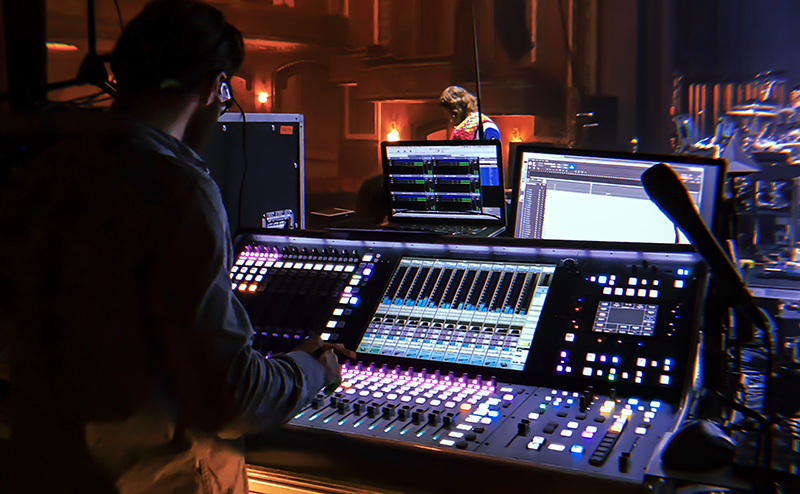Protect Your Ears, Protect Your Career: Hearing Tips for Musicians
Disclaimer: These blogs and pages are for informational and educational purposes only. I am not a medical professional, and nothing in this resource should be taken as medical advice. Always consult with a qualified healthcare provider before making changes to your diet, lifestyle, or health routine.
As musicians, our ears are the job.
We use them to tune, track, mix, perform, and create. But here’s the brutal truth: once your hearing goes, it doesn’t come back. And I don’t say that to scare you—I say it because I didn’t always take this seriously, and I wish I had started sooner.
Whether you're on stage, on the road, or working long hours in the studio, protecting your hearing should be non-negotiable. So here are some simple, real-life strategies to help you keep your ears healthy—for the long run.
1. Invest in High-Quality Earplugs
This is #1 for a reason. Cheap foam earplugs will dull everything and kill the vibe. High-fidelity earplugs, on the other hand, are designed for musicians—they reduce volume evenly across frequencies so things still sound musical.
Some solid options:
Etymotic ER20
EarPeace
Eargasm
Loop Earplus
Custom-molded plugs if you’re ready to go all-in
These are small, low-profile, and you’ll still hear everything clearly—just without the punishment.
2. Watch Your Monitor Levels
It’s easy to crank your in-ears or stage wedges when you're not hearing enough, especially during a loud gig. But volume wars on stage are a fast track to hearing damage. Try this instead:
Keep your monitor mix clean, not just loud.
Pan instruments to create space.
Use ambient mics if you’re on in-ears, so it doesn’t feel like you’re in a vacuum.
Less volume, better sound. Your ears will thank you.
3. Limit Exposure in the Studio, Too
The studio feels “safe,” but tracking drums, mixing for hours, or checking references too loud adds up. We tend to normalize loud environments. But hearing fatigue creeps in, and before you know it, you’re overcompensating and pushing volume harder.
Here’s how to protect yourself:
Take regular breaks—every 60-90 minutes, step outside, reset your ears.
Mix at moderate levels, then check loud only occasionally.
Use open-back headphones when possible—they reduce ear pressure and are easier on your hearing.
4. Know the Signs of Hearing Damage
Ringing in your ears after a show? That’s not just a “cool rockstar thing”—it’s a warning sign. Persistent ringing (tinnitus), muffled hearing, or increased sensitivity to sound (hyperacusis) are signs your ears need a break.
If you’re noticing any of those symptoms, don’t ignore them. Rest your ears. And consider seeing an audiologist who works with musicians.
5. Make Ear Health Part of the Culture
Tour culture has shifted a lot—but talking openly about hearing protection is still kind of rare. Be the person in your band or crew who normalizes wearing earplugs. It doesn’t make you soft—it makes you smart.
Long-term careers are built on habits that protect your ability to keep doing what you love.
You don’t need to live in fear of losing your hearing—but you do need to be proactive about protecting it.
Start small: throw a good pair of earplugs in your case, check your monitor levels, and take listening breaks in the studio. Little changes, big difference.
Hearing is a gift. Don’t take it for granted. As I begin my journey towards becoming a doctor, I am currently very interested in specializing in Ear, Nose, and Throat health and the scope of ENT surgeons. My life as a musician has definitely influenced my interest in this path, hearing is such a valuable asset as a human and it is your career as a musician. I have seen way too many people permanently damage their hearing.
Stay safe and stay loud (in a healthy way).
— Nick




